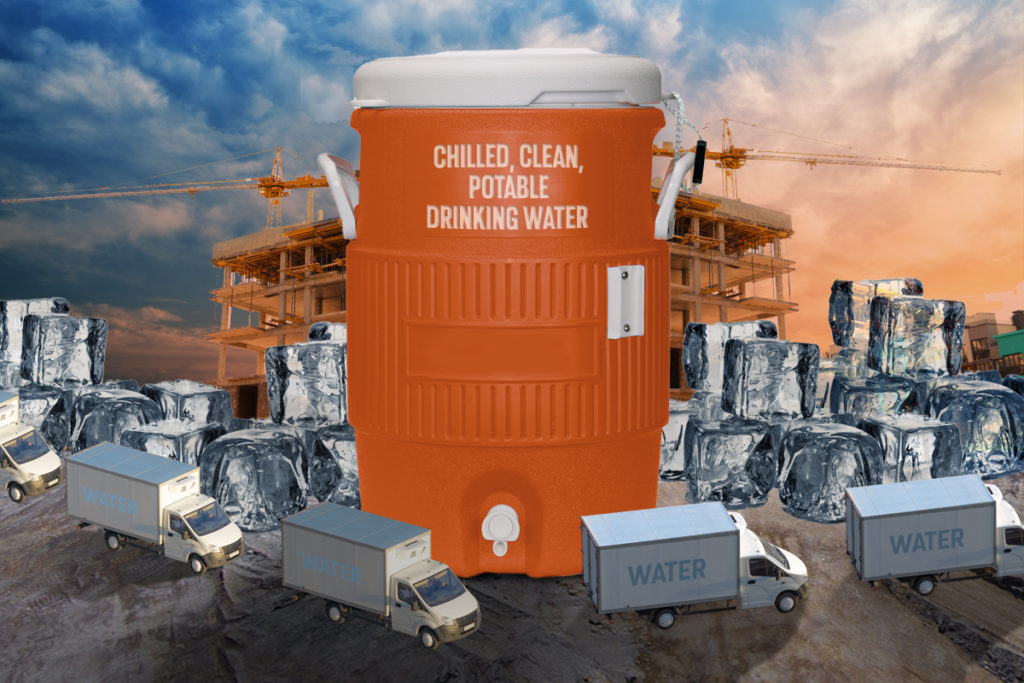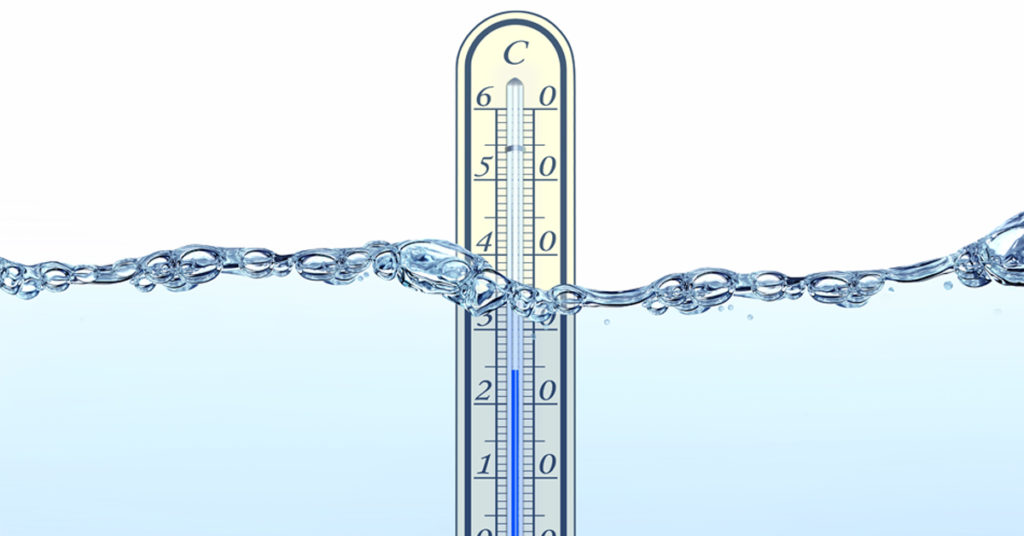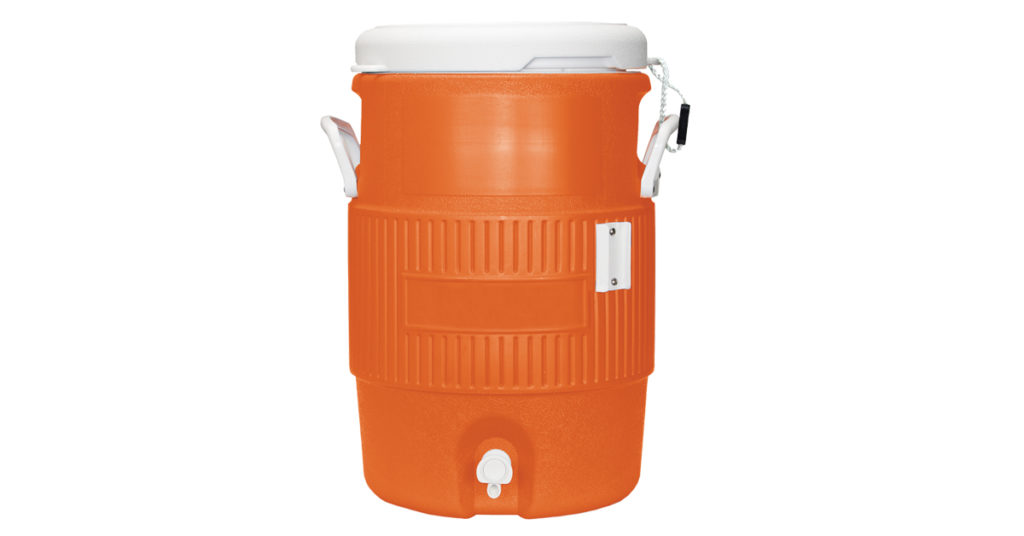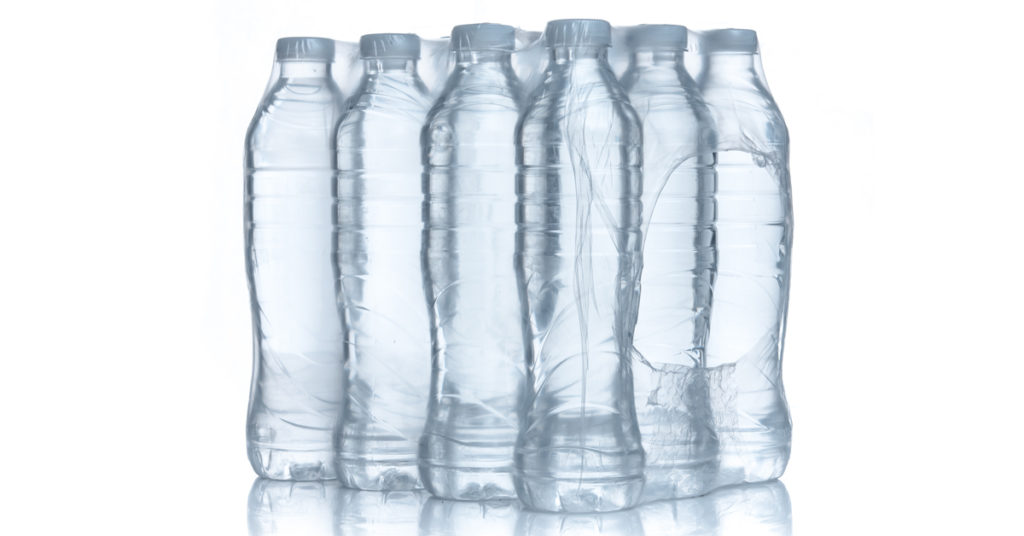Why not UPS buy them? You are in their service.....
If that is the means that UPS has chosen to meet OSHA requirements then in my opinion based upon my interpretation they UPS are required to pay for them.
For reference:
The Difficulty in Providing Drinking Water at Worksites (the UPS delivery vehicle is the UPS Driver’s worksite.)
How hard is it to have clean drinking water at your worksite(the UPS delivery vehicle)?
One of the biggest concerns for any business is the safety and well-being of your workforce. Although you want to do what’s right for your employees, there are specific requirements set by OSHA (Occupational Safety and Health Administration) * to ensure that you do what’s needed to ensure your employees have clean, safe water.
OSHA Sets Potable Water Standards
OSHA standards outline what is required by employers pertaining to providing drinking water in work areas (this includes UPS delivery vehicles) Sanitation Standard 29 CFR1910.141, states that employers provide potable water at worksites (which includes the UPS delivery vehicles), which is water that meets the drinking water standards of the state or local authority having jurisdiction, or water that meets the quality standards prescribed by the U.S. EPA’s drinking water regulations.
In addition, they state that water should have a palatable (pleasant and odor-free) taste and
water temperature should be 50°friend to 60°friend if possible.
Challenges for Employers Providing Potable Water
Providing clean water that meets stated standards can be a daunting task for employers, especially for those working at remote locations( UPS drivers spend their entire day at remote locations)or large construction sites that lack standard infrastructure.
The difficult task of providing water for these locations has primarily been handled in one of two ways:
UPS should use one of these methods to meet the water provision safety requirement of OSHA.
1. The Water Cooler
The standard orange or yellow insulated water cooler, with its little white dispensing spout, that we remember from our school field trips has been used everywhere from Little League games to professional sporting events, and worksites across the globe.
If you have ever wondered how these coolers are managed at work sites, here is a brief overview.
- A crew of workers begin their day by taking empty coolers that were retrieved from the worksite and start the arduous task of cleaning, sanitizing, and refilling them.
- Once the cleaning is complete, approximately 40 lbs. of ice is added in each cooler. This is often a manual task, shoveling ice from large ice machines, or dumping bags of pre-made ice into the cooler.
- Next, the cooler is filled with potable water. The lid can be screwed on, taped shut, and marked with the time and date.
This may sound like the end, but there is much more to this effort.
- If the coolers were processed off-site, they must be loaded into transport trucks and moved to the site to be staged for distribution.
- If they were processed on-site, they are likewise staged.
- Small quantities of coolers are then placed around each location. The quantities can range from a few dozen on smaller sites, to a few hundred on large sites.
- During the day, the locations are revisited to ensure adequate water is available, no tampering has occurred, and the water temperature meets OSHA standards.
Unfortunately, this is still not the end of the process.
- At the end of the workday, drivers must go to each location and collect all of the coolers.
- They open and dump the balance of the contents on the ground, then deliver the empty coolers back to the processing location, where the whole cycle starts over in a few hours.
2. Bottled Water
Some employers prefer to use bottled water to eliminate the cleaning and refilling cycle related to the use of water coolers.
However, the process is surprisingly similar.
- Starting early in the morning, crews break down cases of single serve bottled water and place them in ice chests. Sizes can range from the usual “family size,” all the way up to pallet-sized coolers that hold hundreds of bottles.
- After ice has topped off the ice chest, they are then staged for distribution around the site.
- Frequent monitoring runs are made to ensure enough bottles are available, to add more ice as needed (a single bottle of water requires as much as a pound of ice per day to keep it at OSHA standards), and to pick up any empty bottle trash.
- At the end of the day, the coolers are picked up, melted ice dumped, bottles checked for damage and returned to the staging area, then the entire cycle starts over the next morning.
This effort is organized by the employer and should be paid for by the employer.
As you can see, companies should be applauded for the hard work and expense that goes into the availability of cool, safe water for their workers at work sites!( when they do it right.)
Unfortunately, this process creates significant waste and worksite mess in the form of tons of expensive (now melted) ice dumped on the ground.
In the case of bottled water use, significant trash is created along with the melted ice problem, creating a dual waste issue.
Additionally, both the Cooler Method and the Bottled Water Method require daily deliveries to the site which adds hidden costs in the form of additional traffic flows, security risks and oversite; and results in daily delivery tickets to be received, processed and paid.
The cooler or bottled water solution certainly solves the challenge of providing proper drinking water for workers, and in some cases it’s the only answer.

 threads
threads


